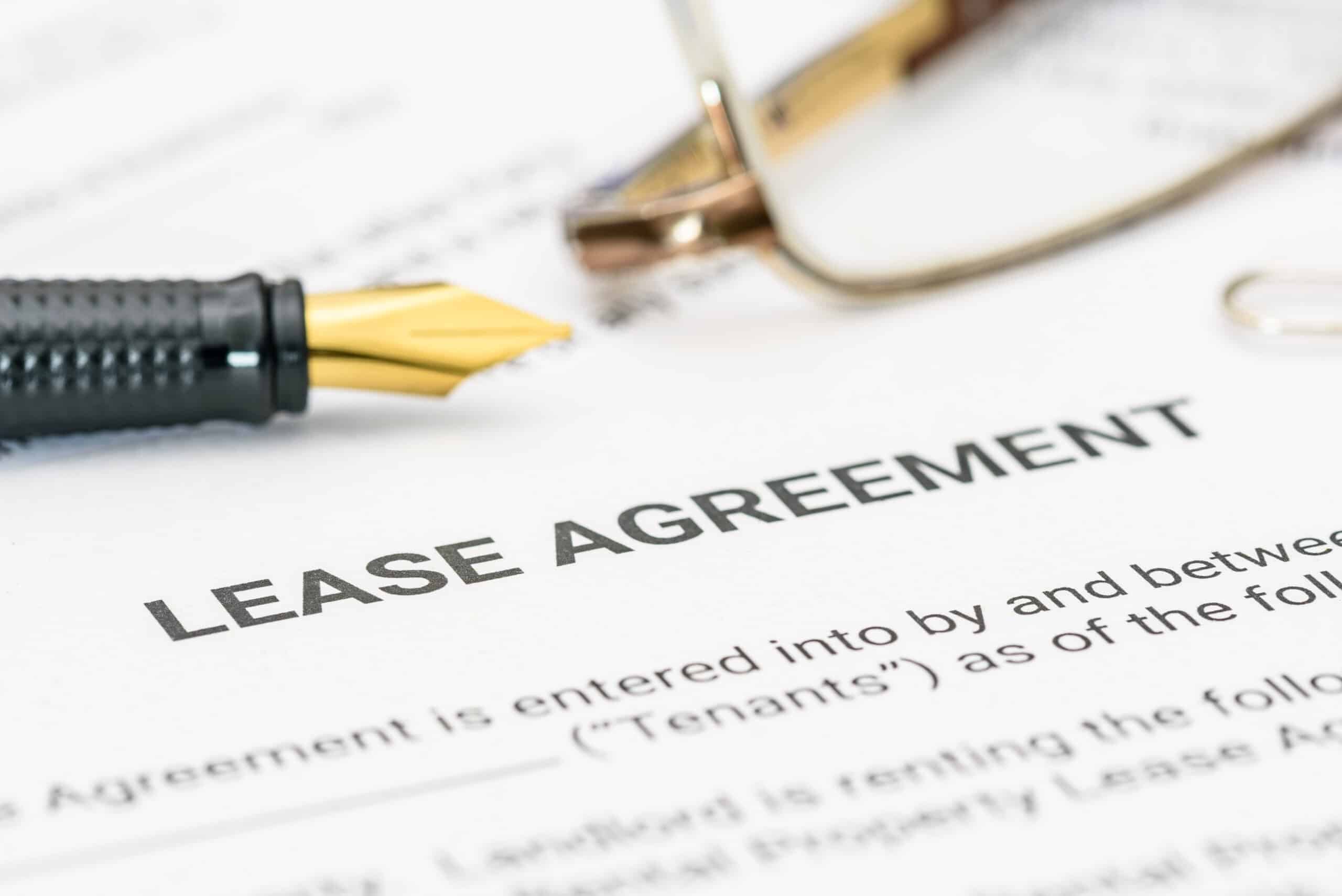



In March 2024, the Brussels Parliament approved a new ordinance amending the Brussels Housing Code. This new legislation is geared to three key areas: habitability, legal security of occupancy, and payment capacity. The new provisions entered into force on 1 November 2024. Some provisions apply directly to existing leases, while others are applicable only to new or renewed leases signed after the ordinance entered into force. The Expat Welcome Desk explains the main changes below.
Habitability standards
- The requirement to comply with habitability standards extends henceforth to all accommodation offered for rent or even for occupancy, whereas previously, it applied only to ongoing tenancies.
- Landlords who wish to check whether their property meets the minimum quality standards before letting it can request a rental compliance certificate from the Direction de l'Inspection régionale du Logement (DIRL).
Short-term lease
- A short-term lease can now be renewed only once within a three-year period.
This means that as of November 2024, any renewal of short-term lease that has already been renewed will convert it into a nine-year lease.
- Tenants are henceforth entitled to issue a counter-notice for short-term leases. So if a landlord gives notice to terminate the lease, the tenant may respond with a counter-notice of a minimum period of one month.
- As part of pre-contractual information to be provided, landlords must disclose the last rent charged under the previous lease if the property has been subject to successive short-term leases. This new “rent smoothing” requirement is intended to prevent landlords from increasing rents across multiple successive short-term leases. If a landlord fails to meet this requirement, the rent will be reduced to the amount payable by virtue of the previous lease, subject to any potential rent indexation. In concrete terms, landlords offering properties for short-term rental are no longer entitled to increase rents when changing tenants, apart from indexation, for a period of nine years.
Rental deposit
-The maximum amount of the rental deposit is capped at two months’ rent
-The rental deposit can no longer be backed by a personal guarantee (e.g., a relative acting as guarantor), except in the case of a student lease.
- The deposit may no longer be paid in cash or transferred to the landlord's account. It must instead be secured only through the approved methods, namely:
- The rental deposit must be released within two months after the tenant has returned the keys. If not, and in the absence of legal proceedings, the landlord will be liable for a penalty of 10% of the rent per month.
Outgoing inventory of fixtures
- The outgoing inventory of fixtures must henceforth be carried out within one month as of the date on which the tenant vacates the premises.
- If said inventory of fixtures is not carried out within one month once the tenant has vacated the premises, it may not be taken into account. In such a case, the landlord could potentially encounter difficulties in claiming compensation for any rental damages.
Domiciliation in the rented premises
-Any cause in the lease of a primary residence that prohibits the tenant from registering his or her domicile at the rented premises is deemed to be unwritten.
Fire insurance
- As is the case in Flanders and Wallonia, tenants are henceforth legally required to take out fire insurance before moving in. They must also provide proof of annual premium payments. Whereas this requirement was previously included contractually in leases of primary residence, there was no legal requirement in Brussels to take out fire insurance. If a tenant fails to take out such insurance, the landlord is entitled to request his or her own insurer to add a waiver of recourse clause to his or her insurance policy and pass the cost onto the tenant.
Transparency of actual charges
- If the landlord opts for actual charges in the lease, these must be itemised explicitly and exhaustively in the contract. An annual statement must moreover be justified by documentation.
- In cases of accounting errors in charges, corrections can be requested:
By the landlord: within two years of the statement being drawn up, and for up to five years of errors.
By the tenant: within two years of discovering the error, and for the entire duration of the error.
Late payment of rent
-Interest on late rent payments is capped at the statutory interest rate. It is therefore not possible to stipulate in the lease an interest rate higher than the statutory interest rate.
Pets
-Landlords can no longer ban animals outright from the rented property. Conversely, they may impose conditions on keeping animals (against nuisance or limitation of the number).
Further information
Amendment of leasing legislation in November 2024 | Brussels-Capital Region
Please do not hesitate to contact our Expat Welcome Desk for any queries. expat@commissioner.brussels
past events